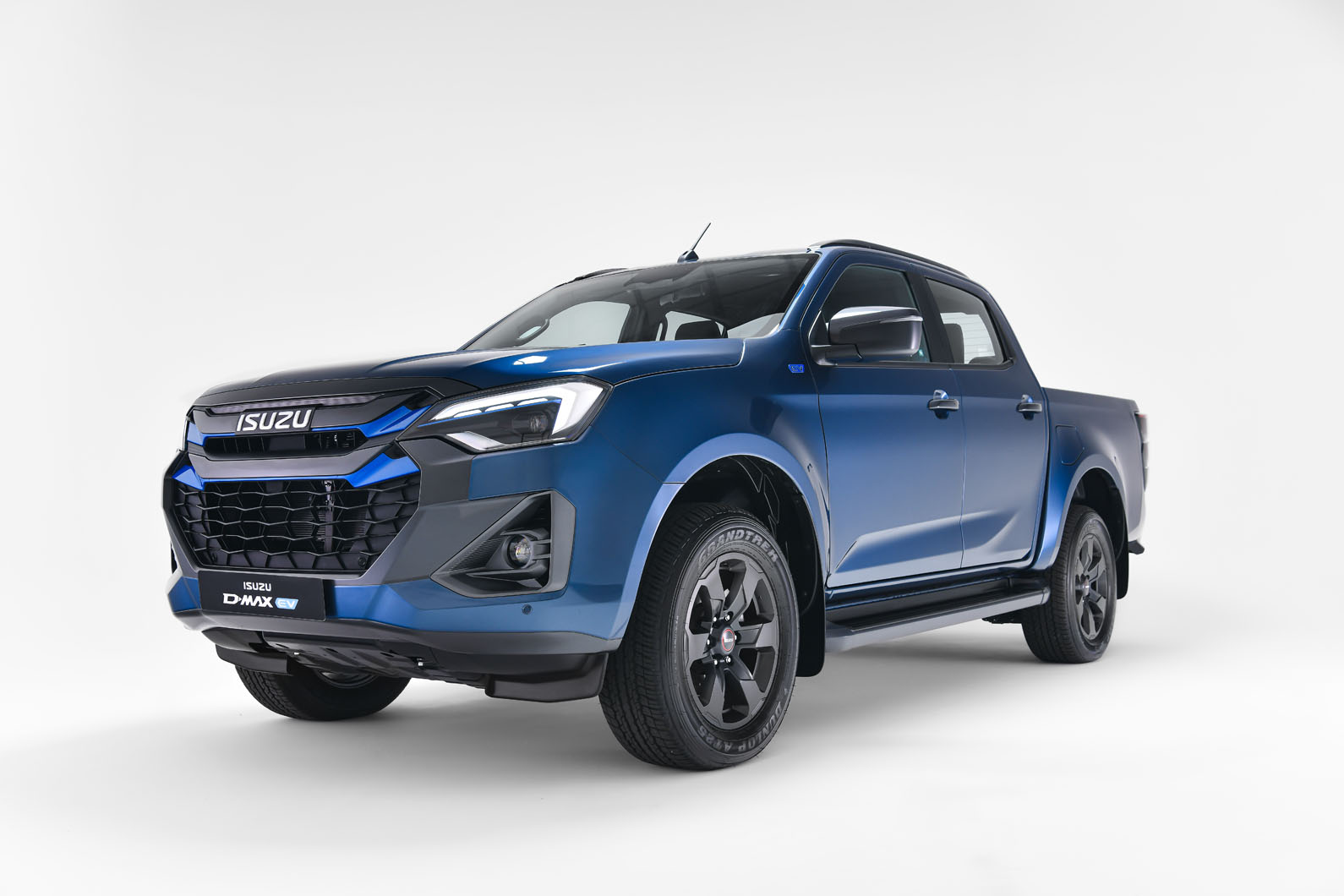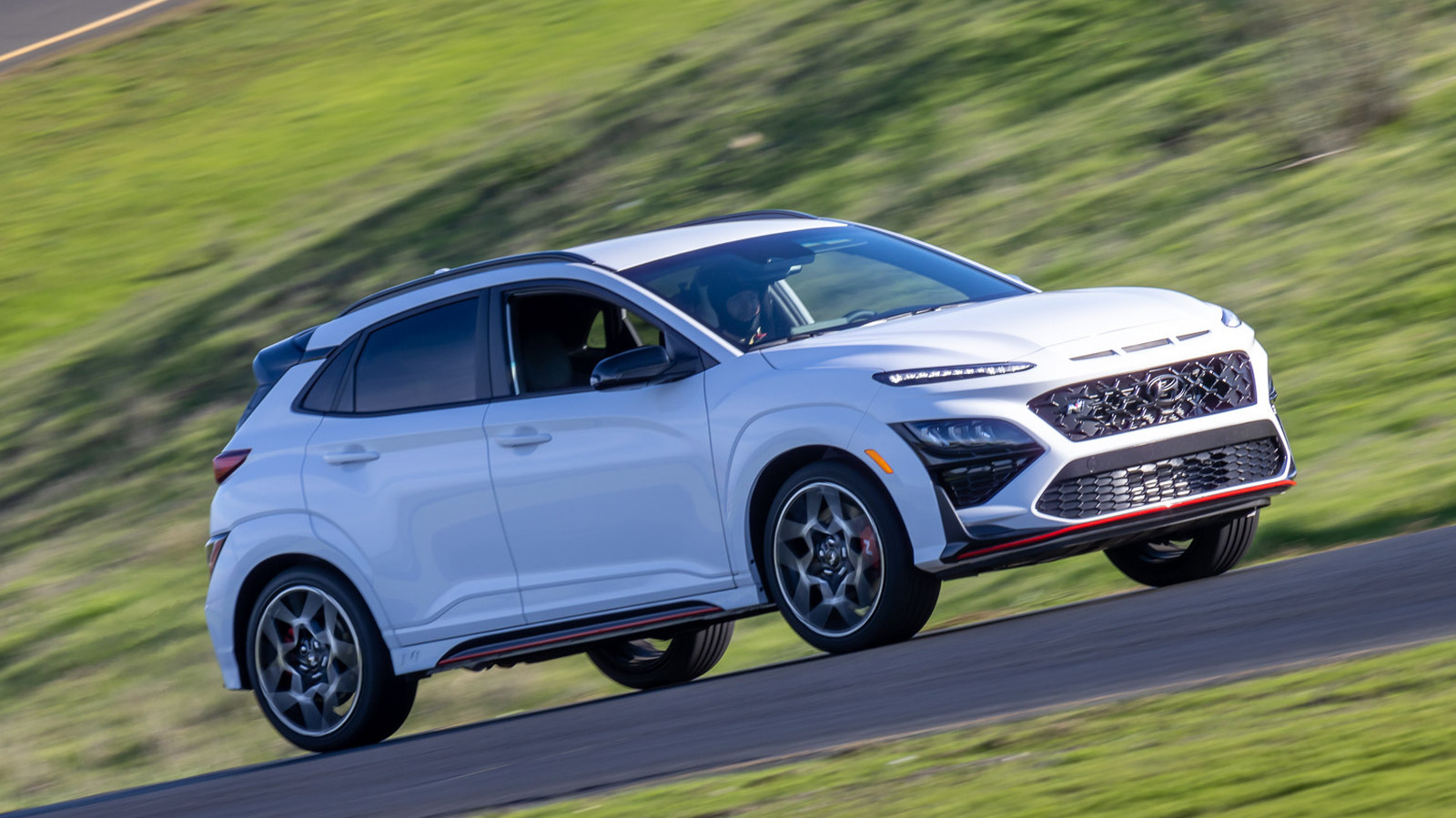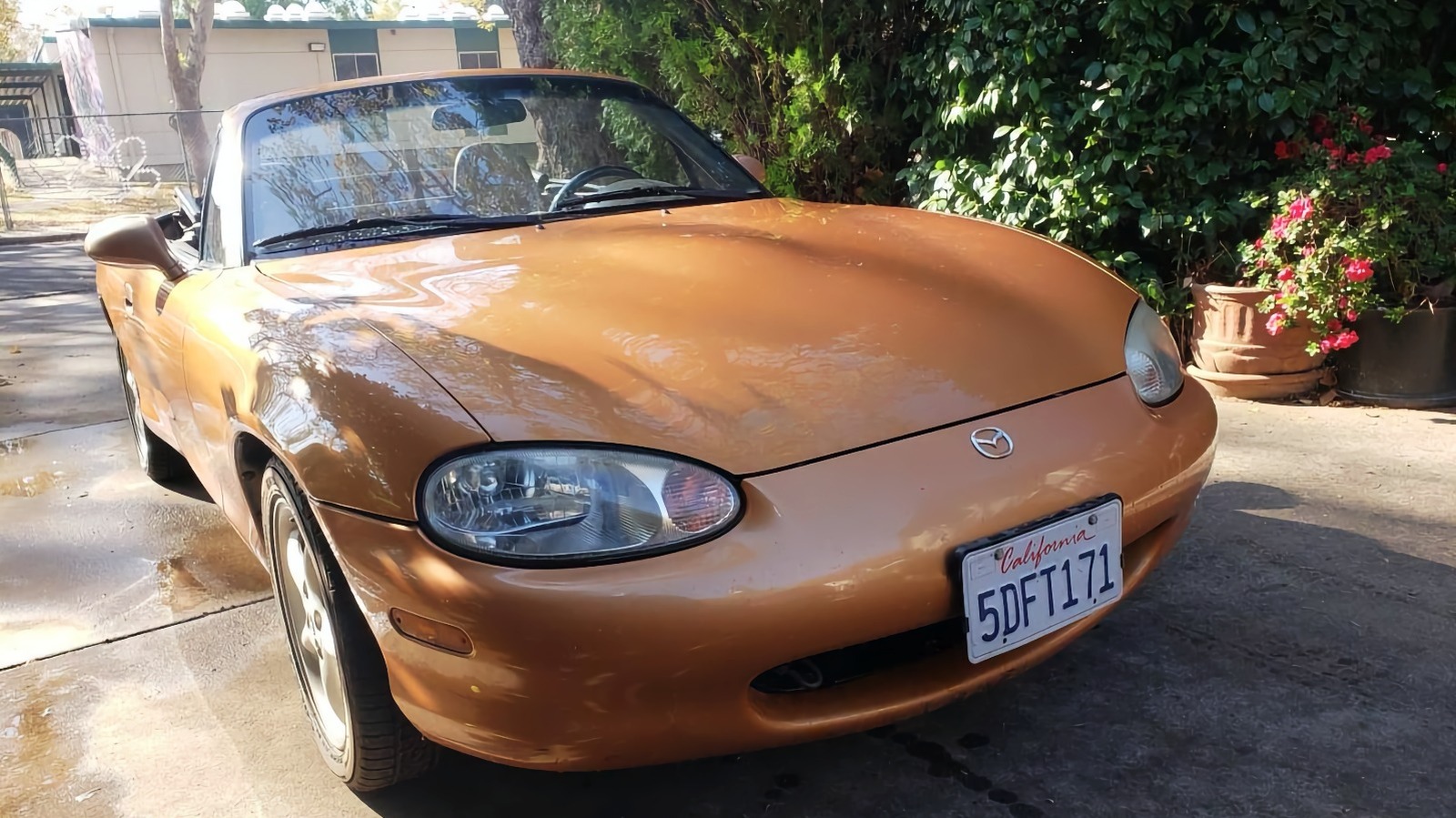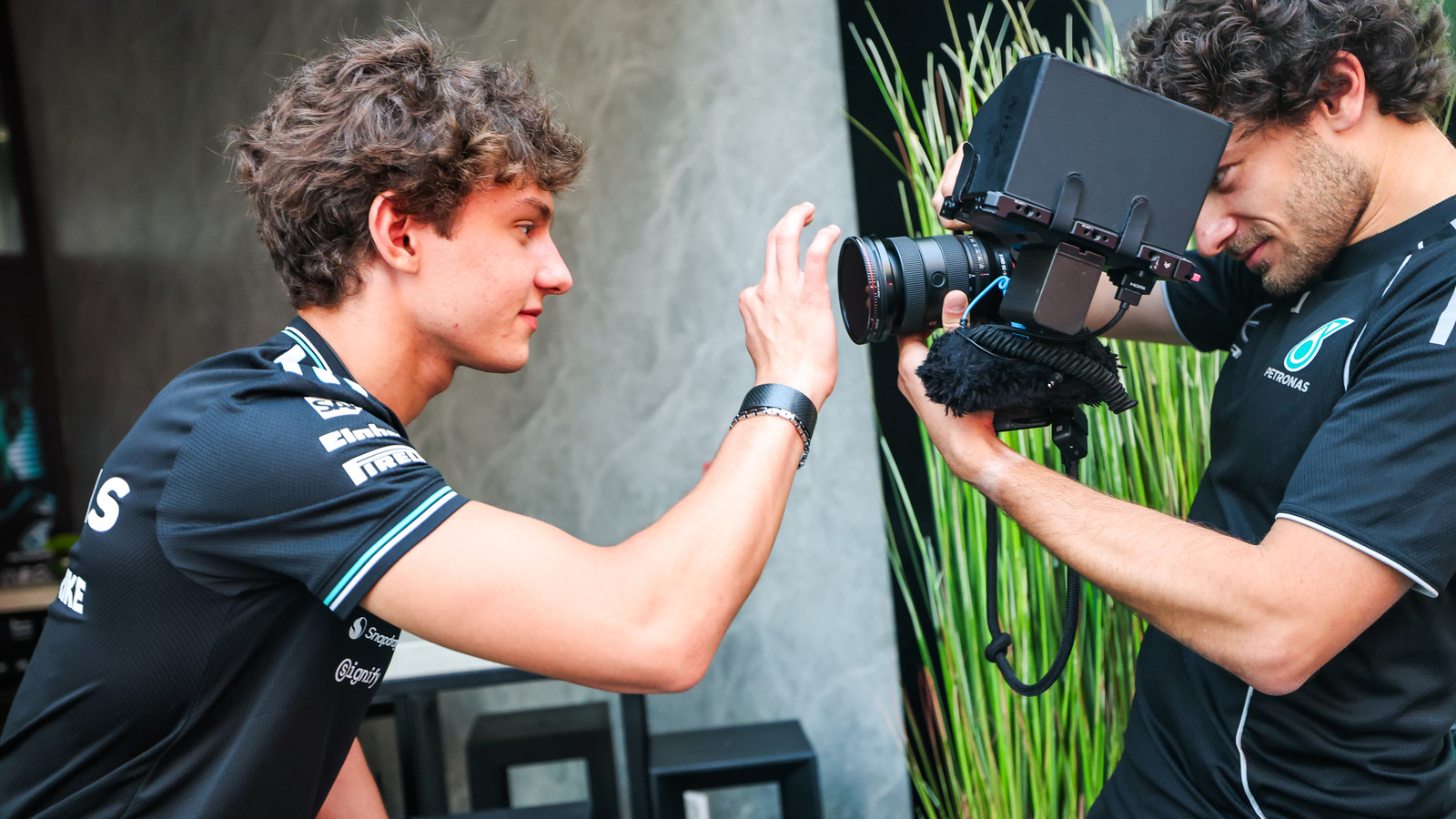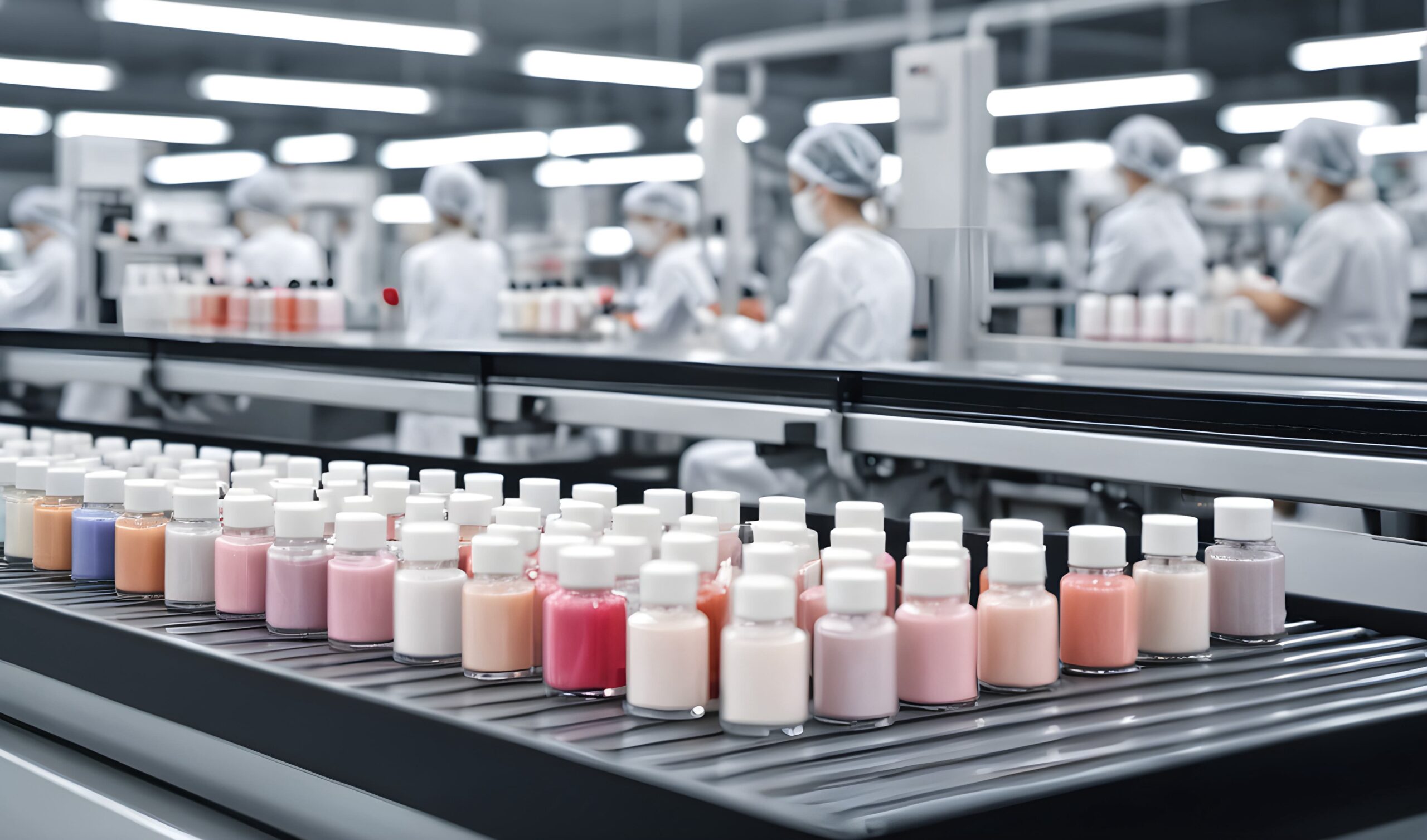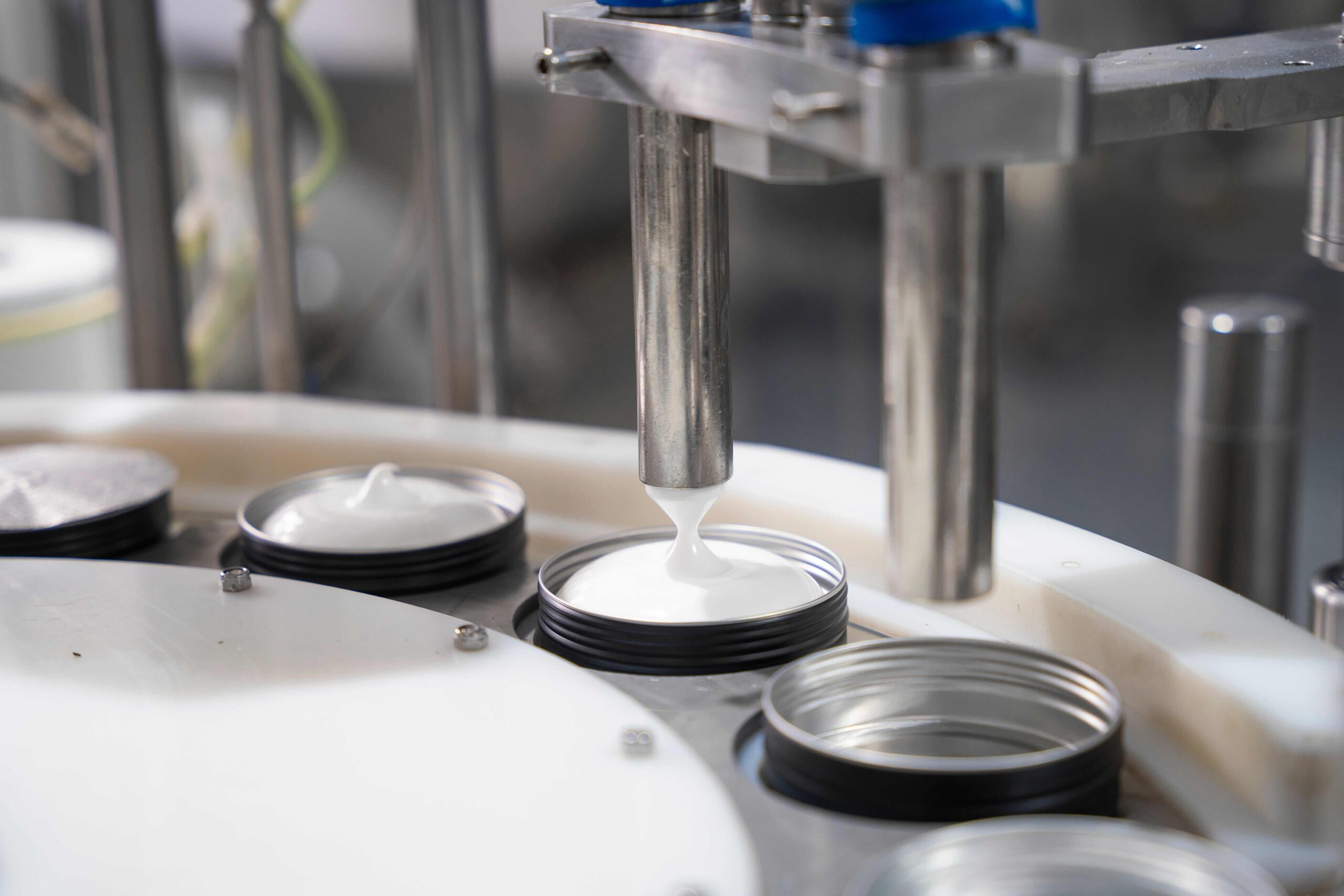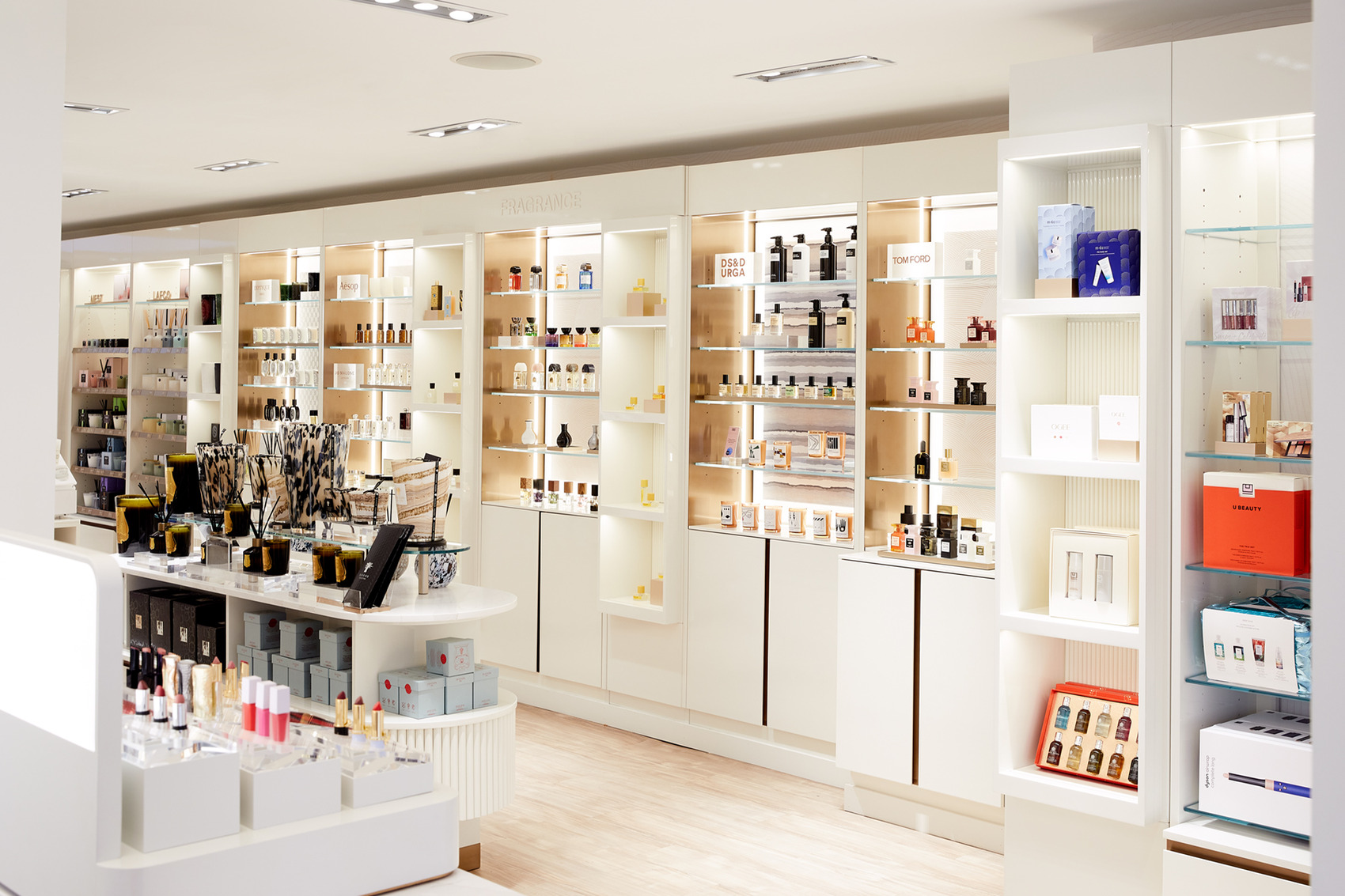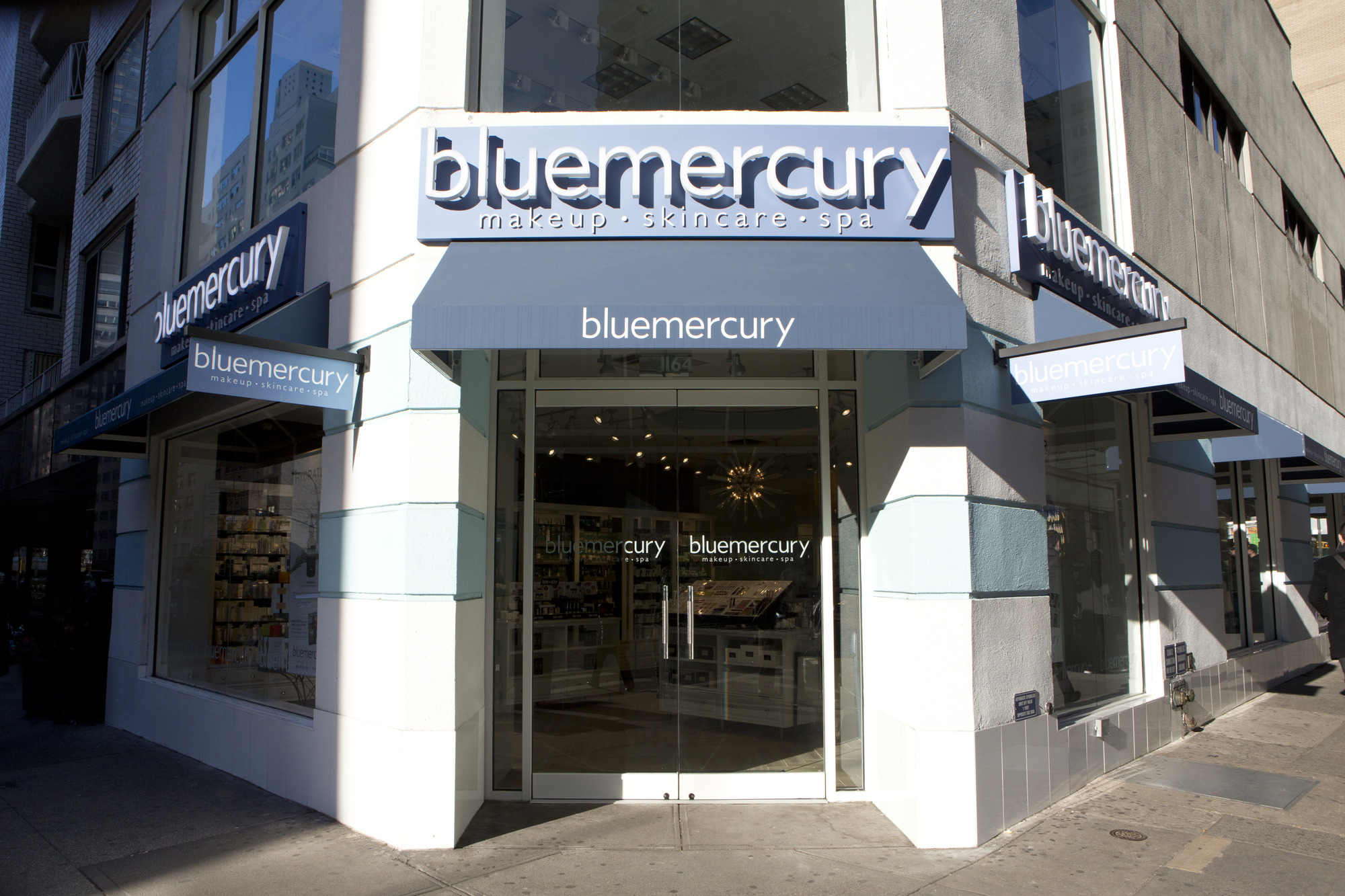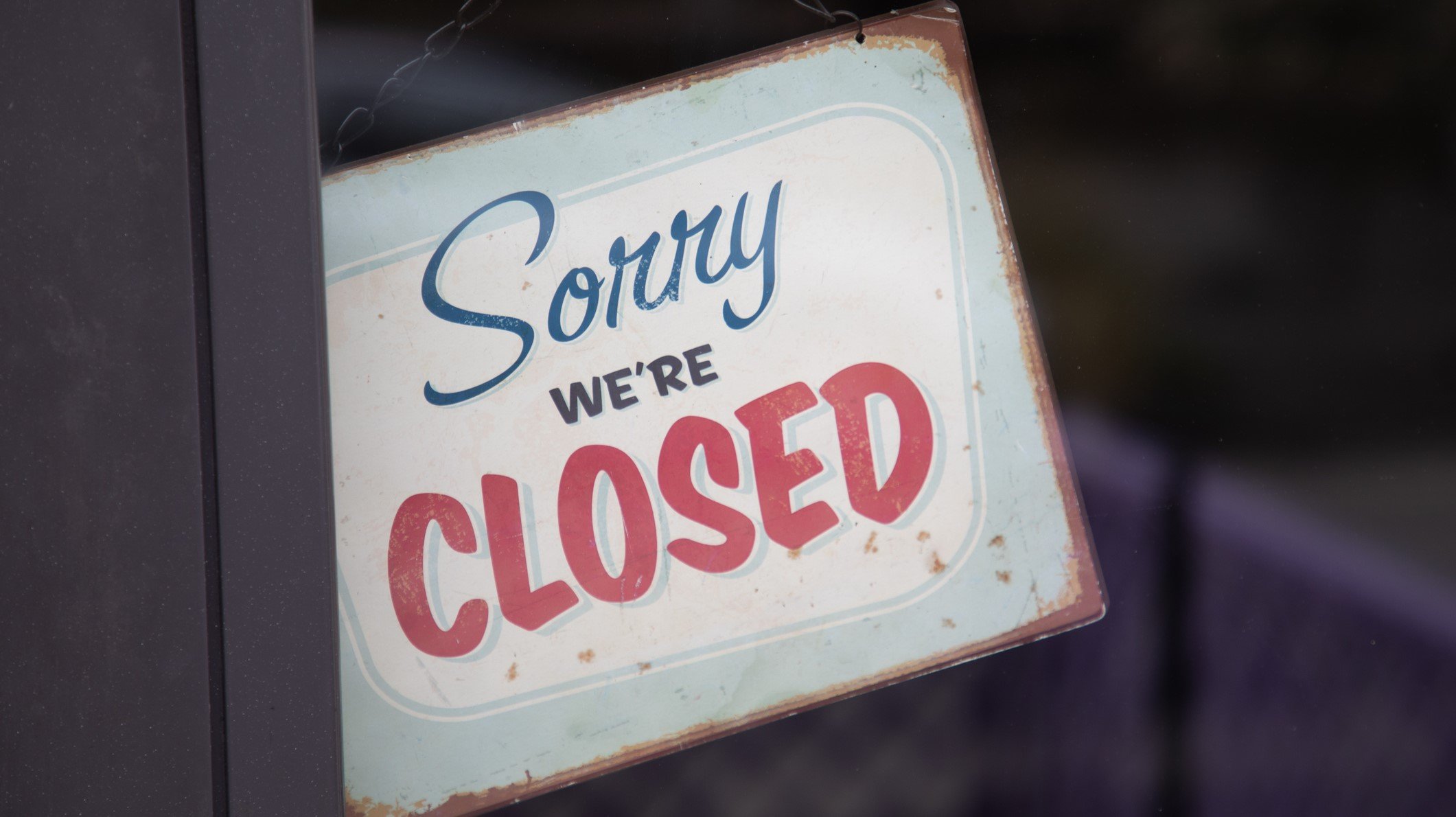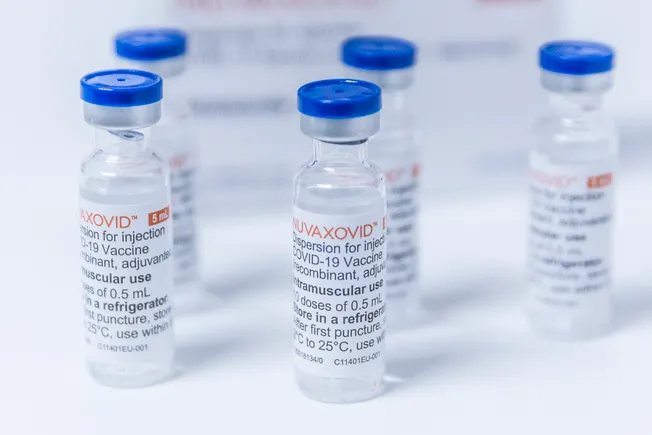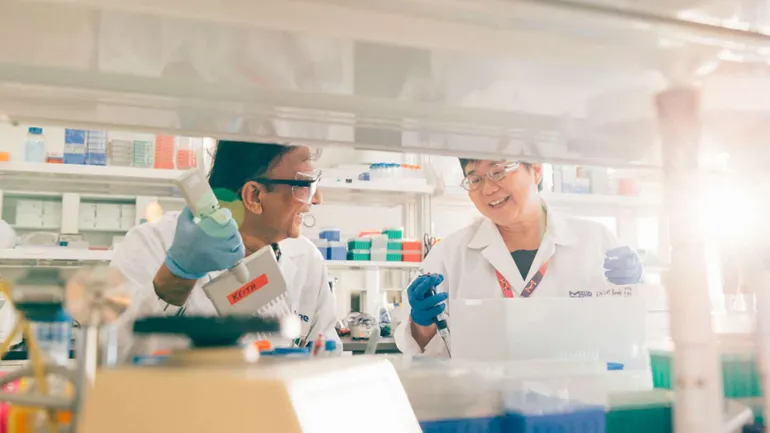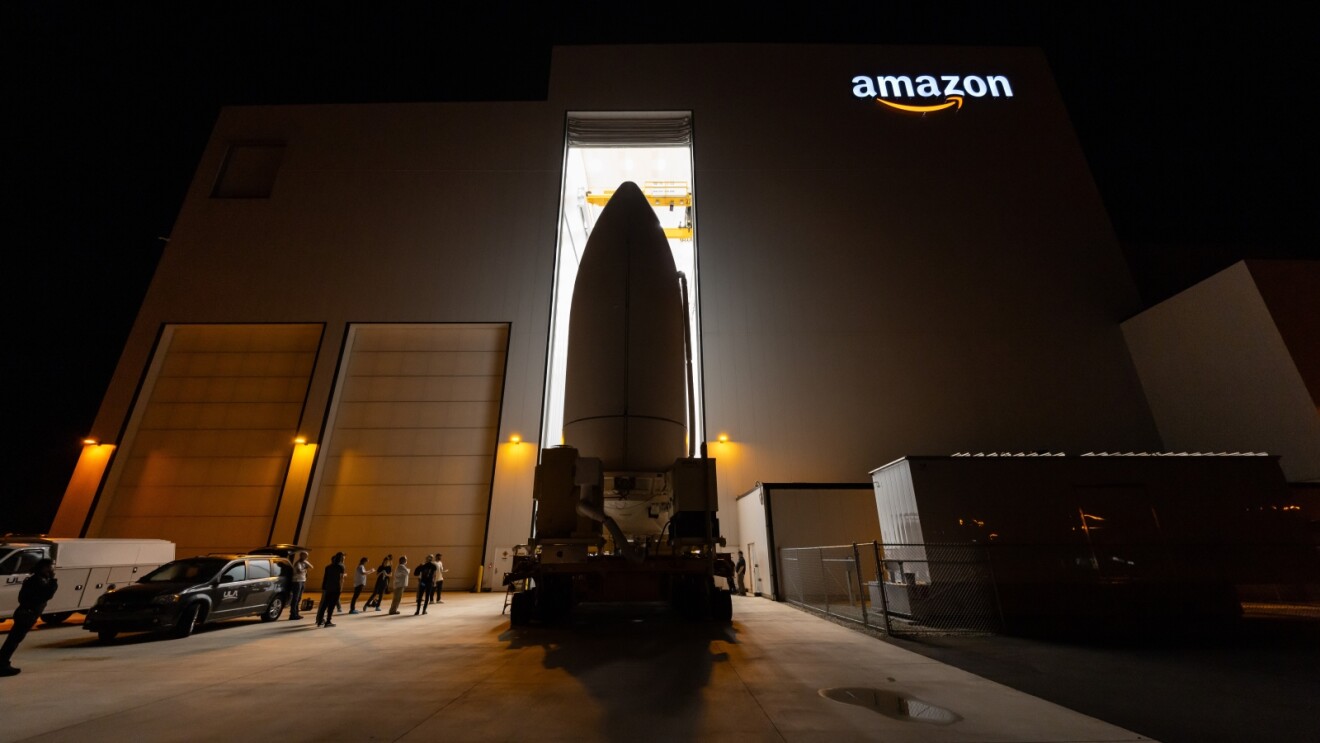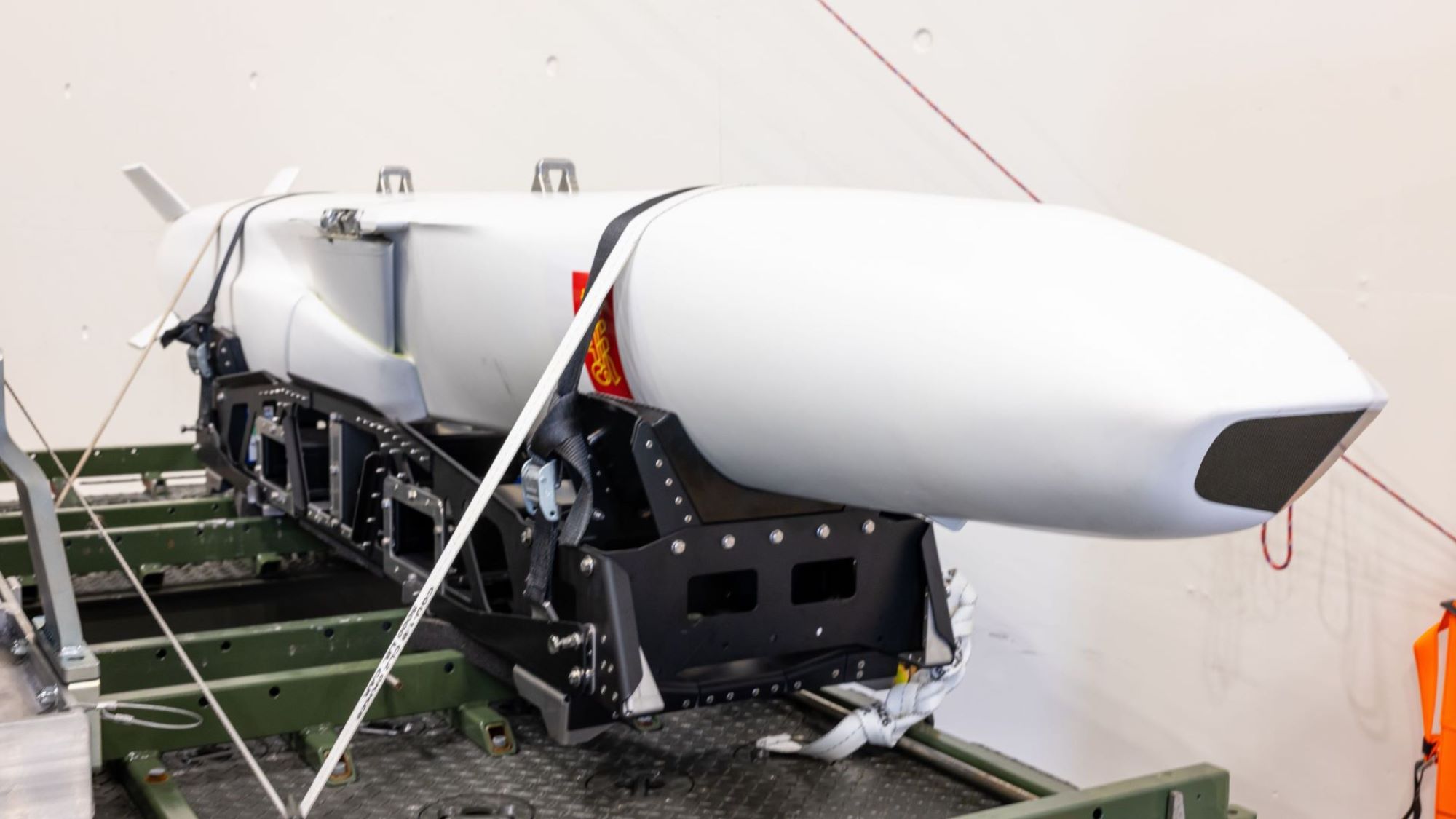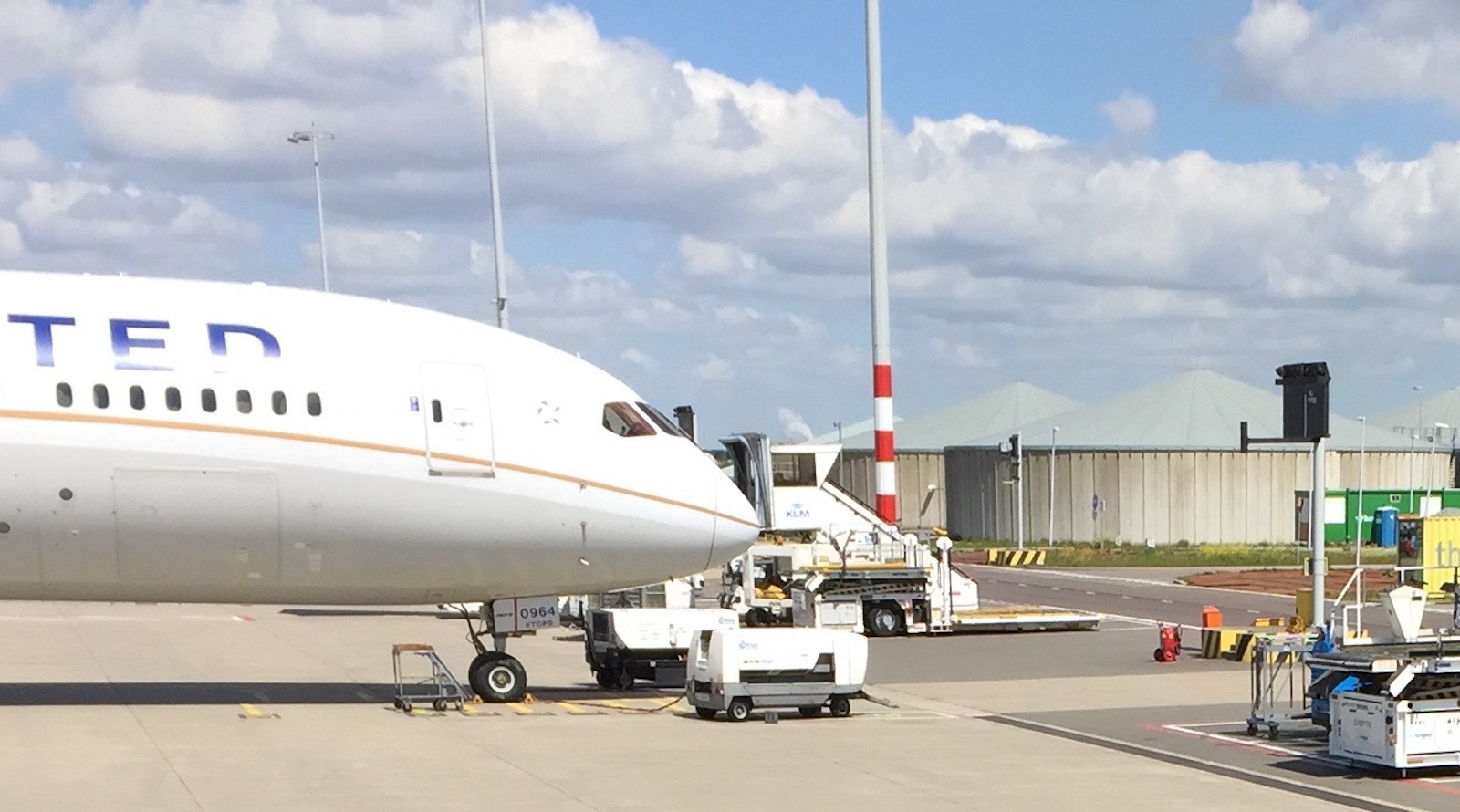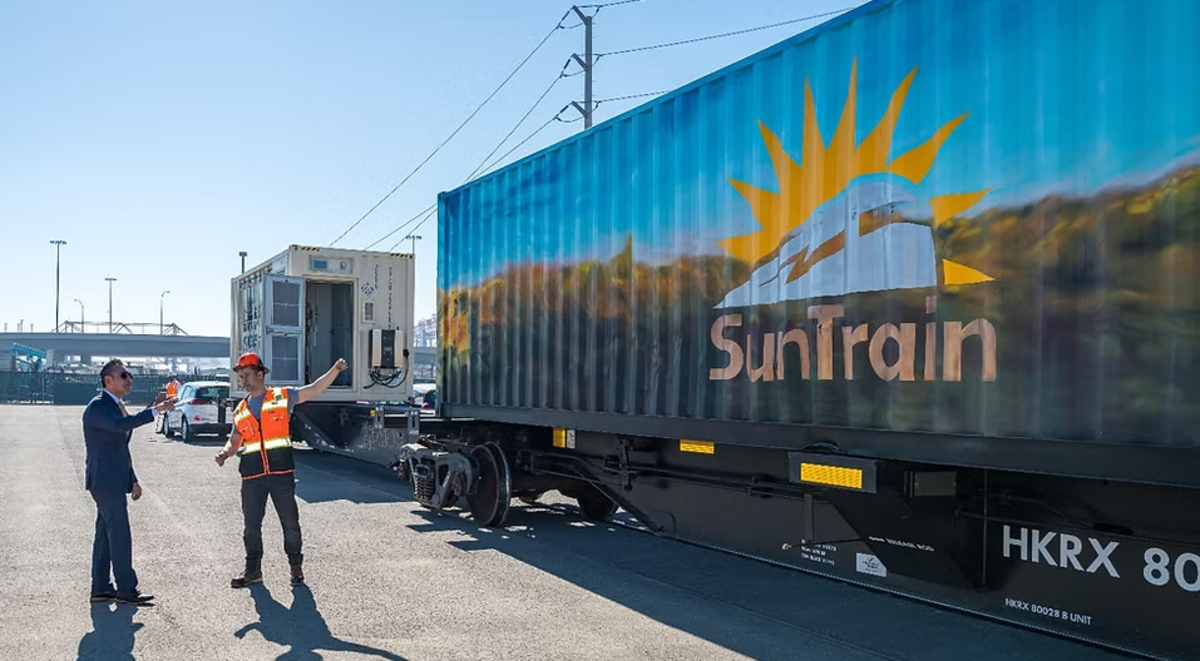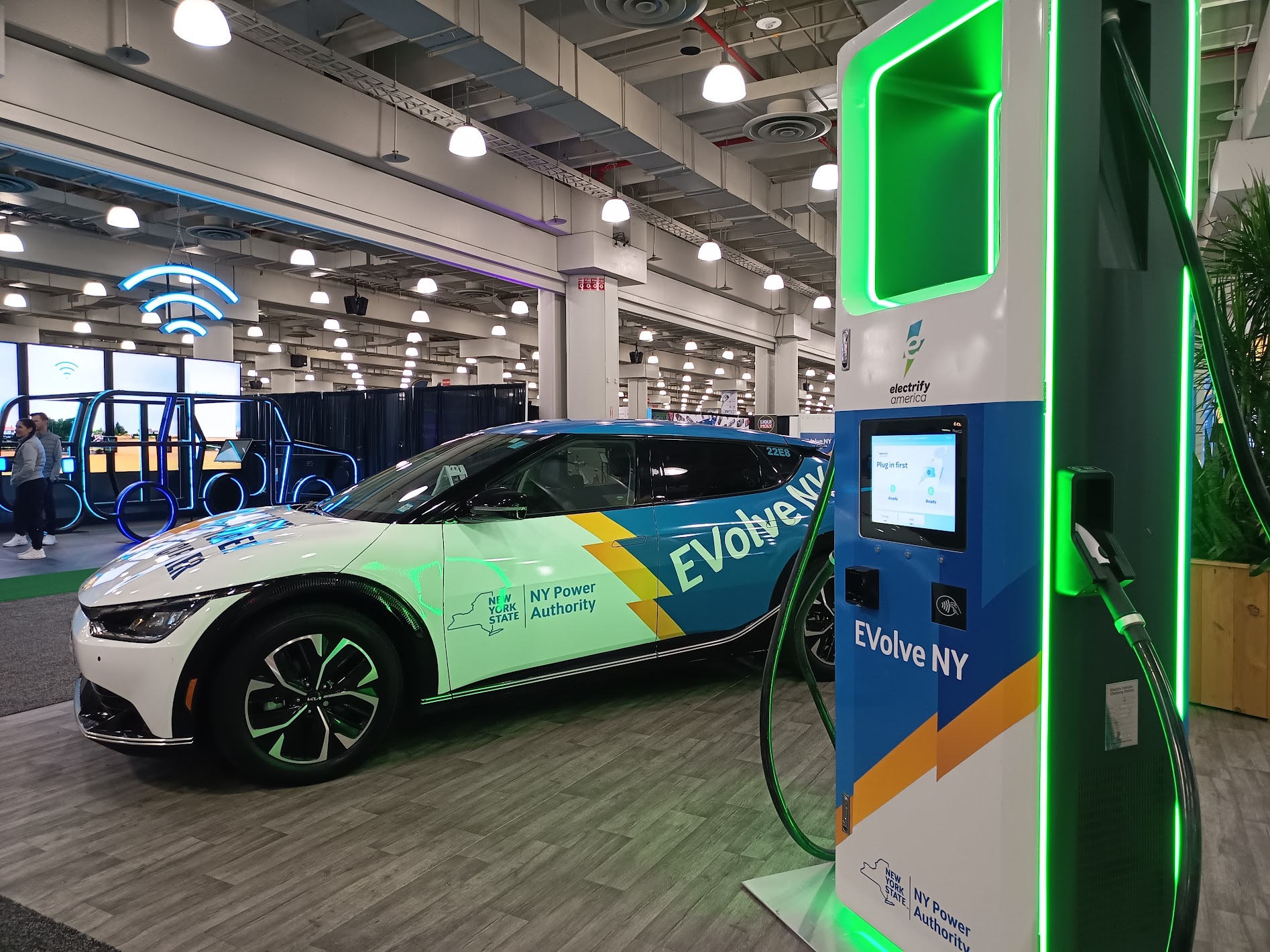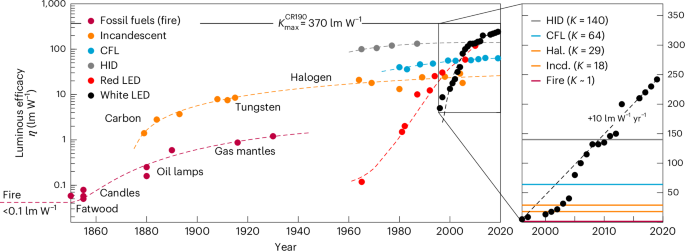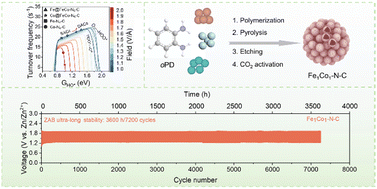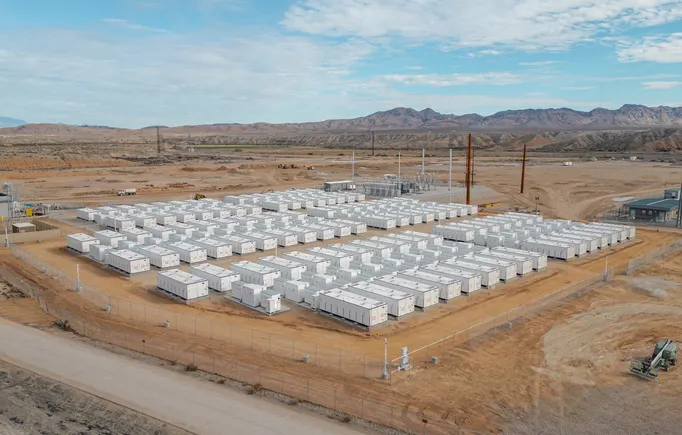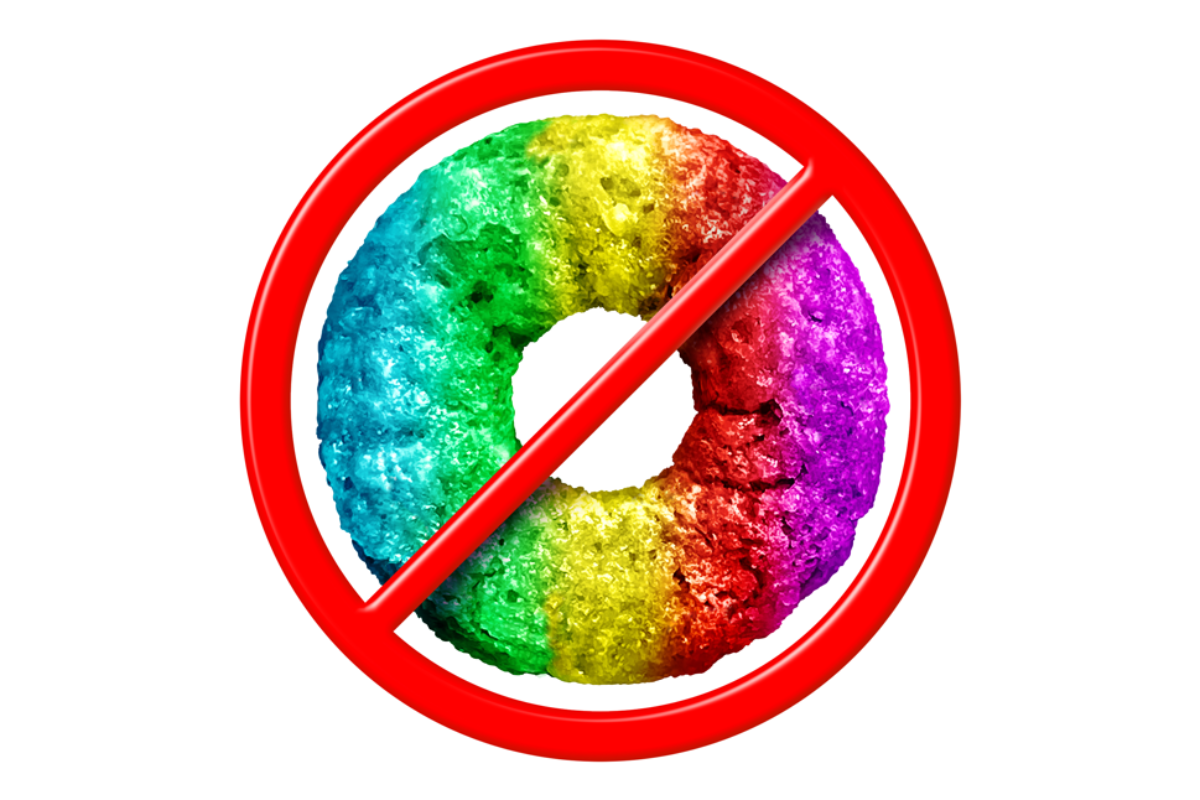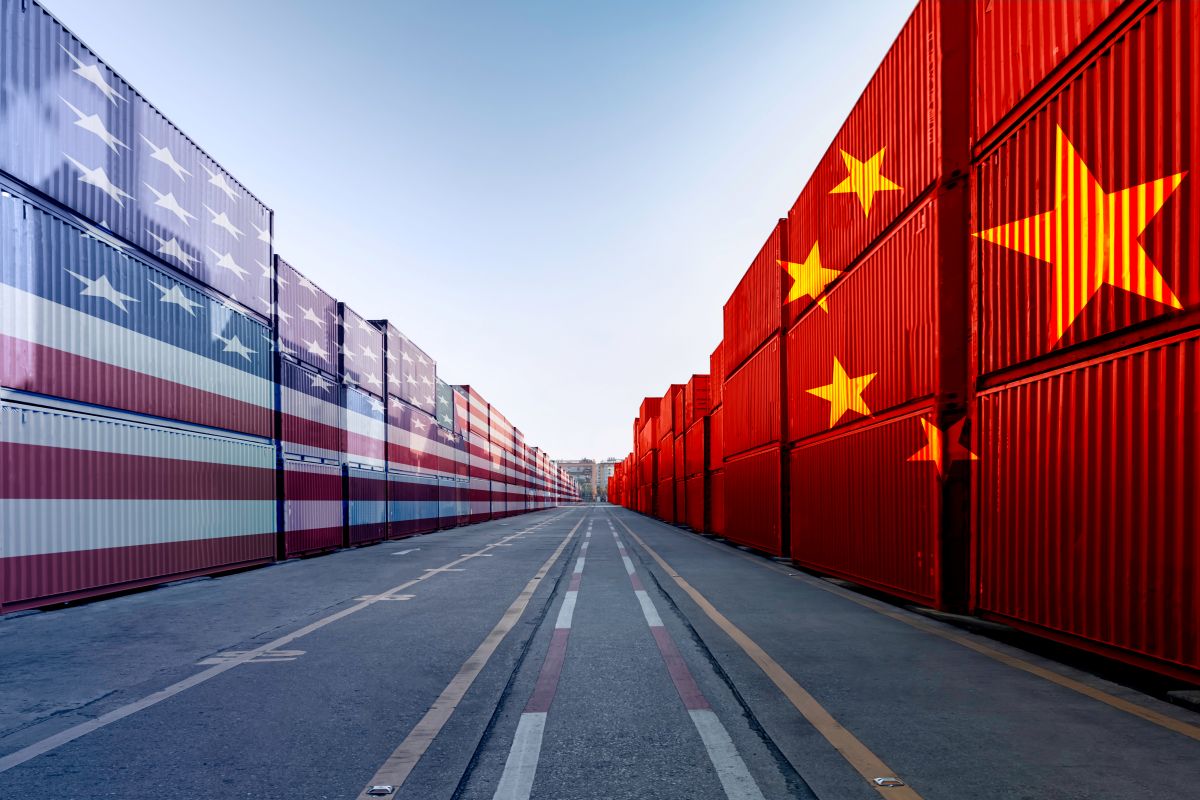STAT+: The end of compounded GLP-1 copies leaves many patients in a ‘lose-lose’ position
With GLP-1 shortage officially over, patients who relied on compounded copies have only bad options to choose from

The explosion of compounded GLP-1 offerings over the past two years is coming to an end, and many patients are left with no good options.
Blockbuster obesity and diabetes drugs — such as Wegovy, Ozempic, and Mounjaro — are no longer deemed by regulators to be in shortage, so compounding pharmacies and the telehealth companies they work with must stop offering copies of the treatments.
Now, hundreds of thousands of patients are stuck navigating uncharted waters as companies they entrusted with their health pursue strategies that may disrupt their care or present risks. Businesses are changing prescriptions, mixing in additives, or encouraging stockpiling of existing compounded products. Some have disappeared altogether.
That leaves many patients back at square one, struggling to afford the brand-name medications, which carry list prices of about $1,000 a month. The pharma companies selling the branded drugs, Novo Nordisk and Eli Lilly, have started offering their treatments at lower prices of around $350 to $700 a month, but that’s still unaffordable to many patients who were getting compounded drugs at about $200 a month.
“This is kind of like a lose-lose situation,” said Reshma Ramachandran, an assistant professor and health services researcher at Yale University who treats many patients who have turned to compounded GLP-1s because they can’t afford the branded drugs.
Pharma companies have been locked in legal battles against compounders, arguing the copies that they make are not safe. (The FDA has received more than 700 adverse event reports tied to compounded GLP-1s, but it’s not clear if the events were caused by the drugs.) The companies also see compounders as a threat to their obesity drug sales, which are estimated to balloon to $100 billion a year by 2030. Lilly’s CEO Dave Ricks warned that the growth of compounding could create a “backdoor generic world.”


















